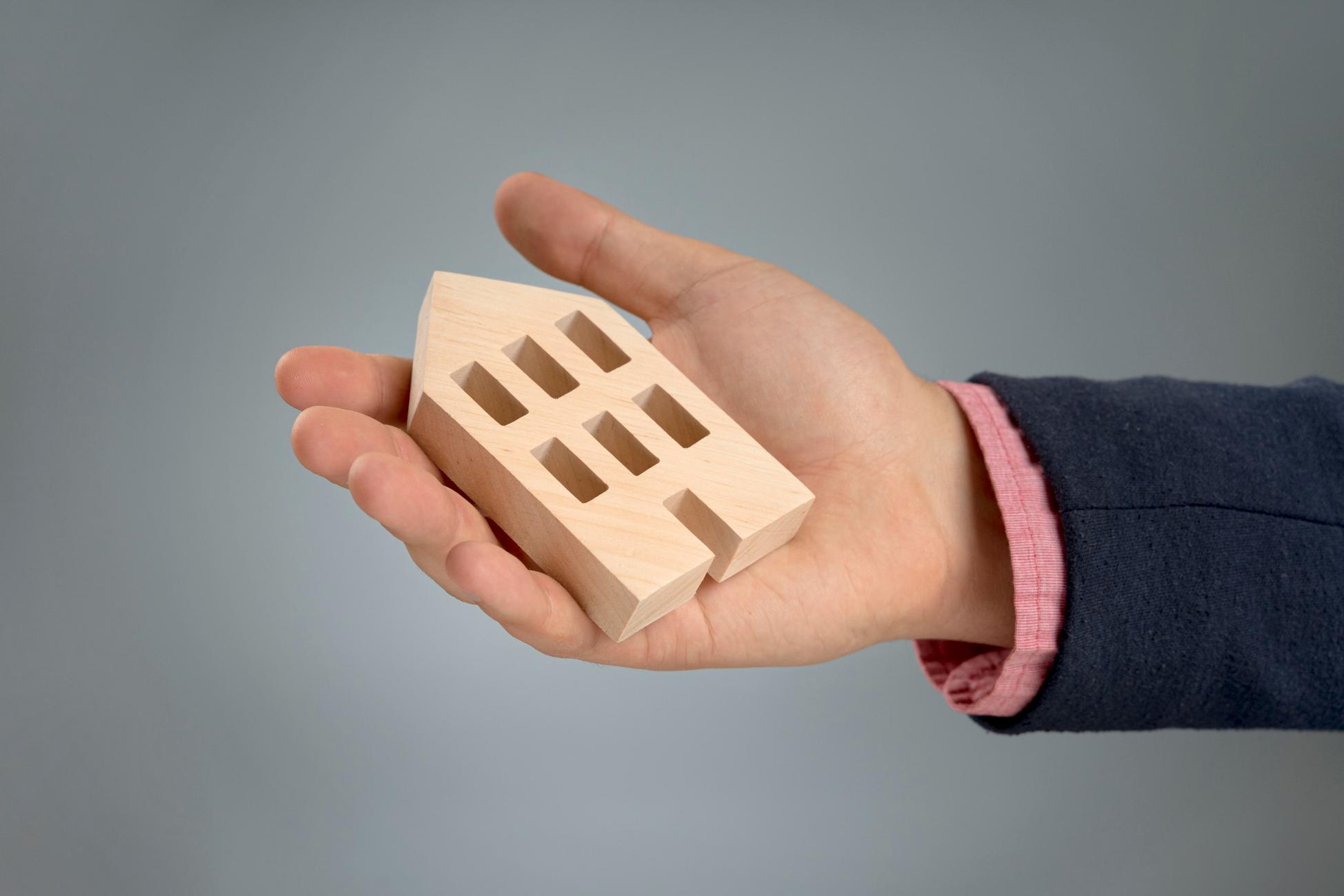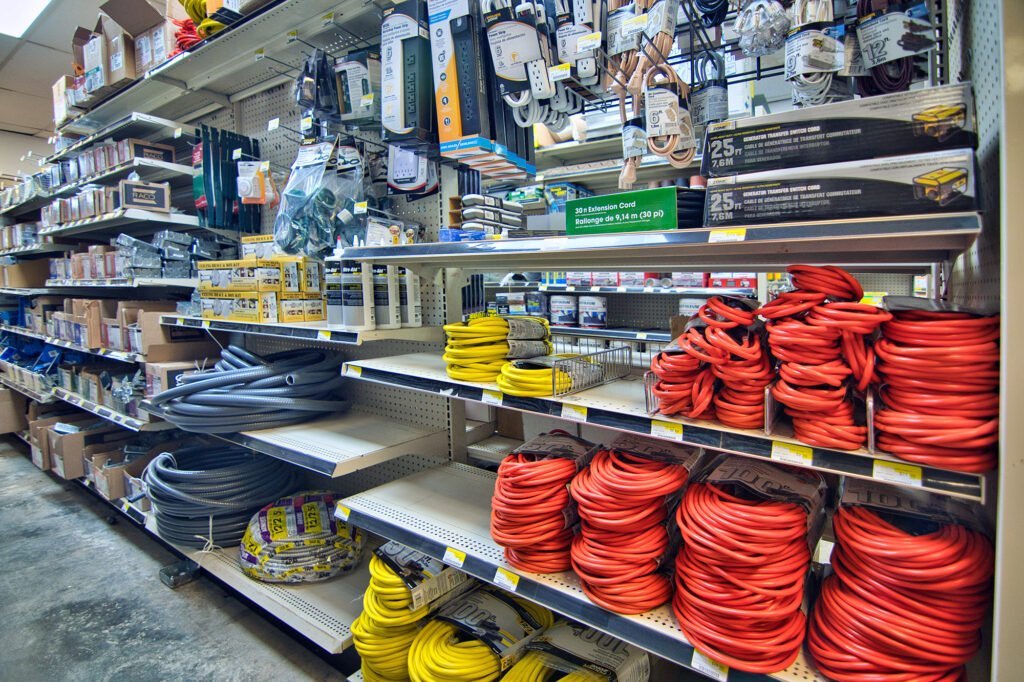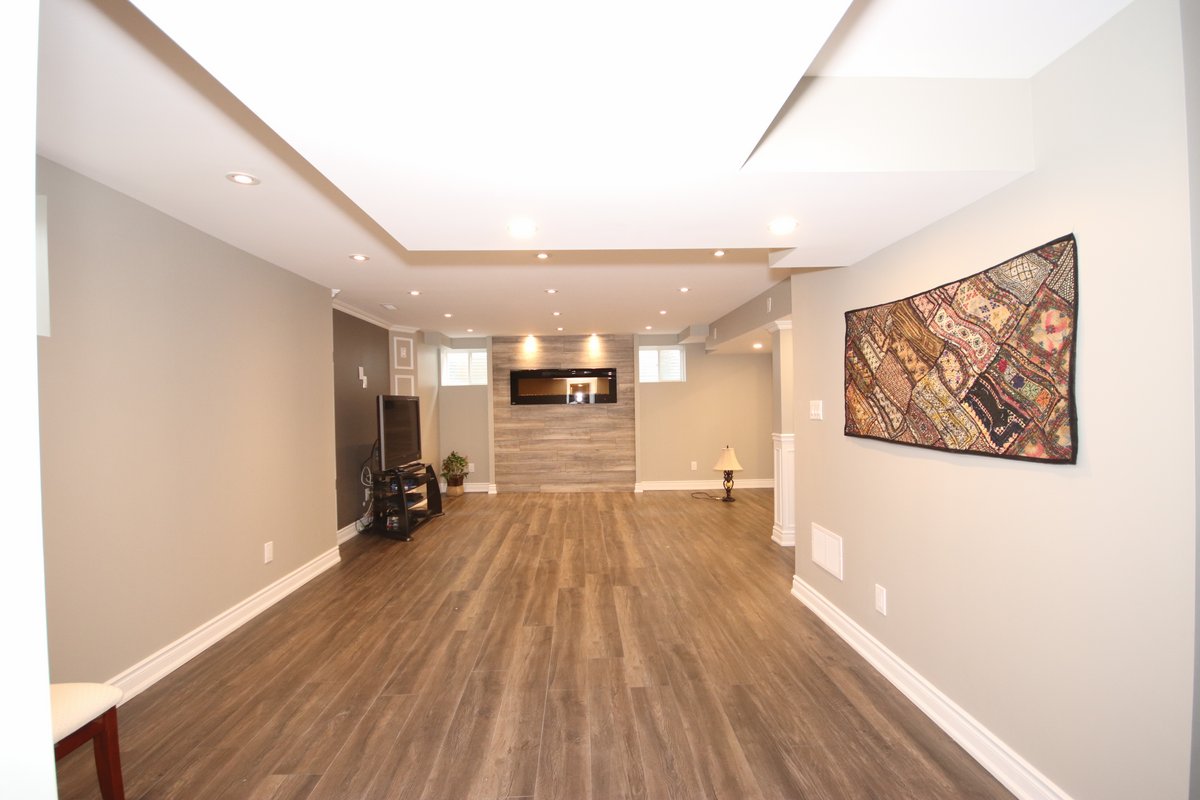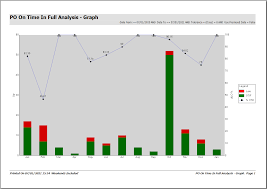Have you ever wondered why some construction projects run smoothly while others face endless delays and cost overruns? The answer often lies in the planning phase, particularly in how well the project budget is crafted and managed. A well-planned budget is crucial for Construction Equipment rental in Dubai to anticipate the total costs and ensure that the project is completed efficiently and within financial constraints. In this guide, we’ll explore the key components of a construction budget and provide practical tips for effective budgeting.
Why is a Construction Budget Essential?
A construction budget serves as the financial blueprint for any project, whether it’s a new building, road, or bridge. It helps predict the total costs and is essential for accounting purposes, whether for private investors, corporations, or government bodies. A well-planned budget influences the project’s completion time, the level of skill employed, and the technologies and equipment used. By keeping overhead costs in check, a smart budget maximizes productivity and efficiency.
Structuring Your Construction Budget: A Step-by-Step Approach
There are many methods for planning a construction budget while engaging in a Construction Equipment rental in Dubai, and this is often honed by experience. One proven approach is to divide expenses into hard and soft costs.
Hard Costs vs. Soft Costs
Hard Costs: These “brick and mortar” expenses account for about 70% of a construction project’s budget and include tangible, physical construction costs such as materials and labor. Since these costs are more predictable, they are easier to estimate and control.
-
Material Costs: Encompasses the cost of all physical materials required, such as steel, concrete, and lumber.
-
Labor Costs: Wages and benefits for workers directly involved in the construction.
-
Equipment Costs: Expenses for machinery and tools necessary for the project.
Soft Costs: These are intangible expenses not directly related to the physical construction, such as professional fees and permits, accounting for about 30% of the total budget. These costs can fluctuate, making them harder to estimate.
-
Professional Fees: Costs for architects, engineers, and consultants.
-
Permits and Licenses: Fees paid to local authorities for construction approvals.
-
Insurance and Bonds: Coverage and guarantees required to safeguard the project.
Dividing your budget into these categories helps manage and control your expenses, making it easier to spot potential omissions and apply cost-control measures effectively.
Key Components of a Construction Budget
1. What is the cost of property for the construction project?
Property costs vary significantly based on location and project scope. In desirable areas, land costs can constitute up to 60% of the budget, while in less desirable locations, it might be less than 10%. Besides the purchase price, consider real estate fees, financing, and taxes. Accurate property cost estimates are vital for determining the Construction Equipment rental in Dubai project’s profitability and overall investment value.
-
Land Acquisition: The cost of purchasing the land where the project will be built.
-
Real Estate Fees: Charges for legal and transaction services related to the land purchase.
-
Taxes and Financing: Ongoing property taxes and interest on loans taken to finance the land purchase.
2. What are the Professional skill-based Fees and Services?
Construction projects require various professional services, including architectural design, engineering, surveying, and permits. These are considered soft costs and can accumulate significantly during the project. Detailed and accurate project drawings are essential to avoid cost overruns and ensure all pre-construction services are accounted for.
-
Architectural Design: Costs for creating detailed project plans and blueprints.
-
Engineering Services: Fees for structural, electrical, and mechanical engineering consultations.
-
Permits and Approvals: Expenses for obtaining necessary construction permits and regulatory approvals.
3. How can you evaluate the Material Costs?
Material expenses are the largest portion of a construction budget. Contractors should aim to negotiate costs with suppliers based on volume and source multiple materials from a single vendor where possible. Ensuring high-quality materials within the budget is crucial, as these costs are fixed and easier to control than service-related expenses.
-
Construction Materials: Costs for essential building materials like cement, bricks, and steel.
-
Finishing Materials: Expenses for items like paint, tiles, and fixtures.
-
Landscaping Materials: Costs for outdoor elements such as plants, paving stones, and irrigation systems.
4. What are the Labor Costs?
Labor costs, including wages for tradespeople, subcontractors, and equipment operators, are one of the most challenging expenditures to estimate. Accurate labor cost estimates are essential to keep the project on track. Consider all aspects of human resources, including wages, workers’ compensation, and non-productive time.
-
Wages and Salaries: Payments to workers directly involved in the construction process.
-
Benefits and Compensation: Costs for health insurance, retirement plans, and other employee benefits.
-
Overtime and Bonuses: Additional costs for extended work hours and performance incentives.
5. Do you know the costs related to Equipment and Tools?
Equipment and tool costs vary based on their use in the project. These can be either hard or soft costs, depending on whether they are directly related to construction. Renting equipment from trusted suppliers can be a cost-effective solution. Consider rental fees, delivery costs, operating expenses, and maintenance in your budget.
-
Rental Fees: Costs for leasing construction machinery and tools.
-
Delivery and Setup: Expenses for transporting and assembling rented equipment.
-
Maintenance and Repairs: Costs for keeping equipment in working order throughout the project.
6. Can you sum up the Project Management planning costs?
Project management includes the salaries of project team members, office expenses, security staff, and safety supplies. While some costs are capital expenses, others are ongoing and must be factored into the budget to ensure long-term profitability.
-
Salaries and Wages: Payments to project managers, supervisors, and administrative staff.
-
Office Expenses: Costs for office rent, utilities, and supplies.
-
Safety and Security: Expenses for site security personnel and safety equipment.
7. Planning for the Liability Insurance and Professional Bonds
Construction projects require insurance coverage and liability protection. These mandatory soft costs must be included in the budget. Payment and performance bonds, especially for government contracts, ensure that subcontractors and suppliers are paid, preventing project delays.
-
Liability Insurance: Coverage to protect against potential legal claims and damages.
-
Performance Bonds: Guarantees that the project will be completed as agreed.
-
Payment Bonds: Assurance that subcontractors and suppliers will be paid.
8. Figuring the Utilities and Taxes related costs
Utility installations and local/state taxes are additional costs that must be accounted for. Working with a certified accountant experienced in construction finance can help ensure all taxes and utility fees are accurately included.
-
Utility Installations: Costs for connecting gas, water, sewer, and electricity to the project site.
-
Permit Fees: Charges for obtaining utility hookup permits.
-
Taxes: Local and state taxes applicable to construction projects.
9. Keeping away the Contingency Fund
A contingency fund, typically 3-10% of the total budget, is essential for covering unexpected expenses such as design changes, equipment malfunctions, and unforeseen accidents. This fund helps prevent costly delays and keeps the project moving forward despite any surprises.
-
Unexpected Changes: Costs for modifications to the project scope.
-
Equipment Failures: Expenses for repairing or replacing malfunctioning equipment.
-
Accidents and Emergencies: Funds set aside for dealing with on-site accidents and other emergencies.
Conclusion
Planning a construction budget is a complex but critical task that determines the success of your project. A reputed Construction Equipment rental in Dubai will help you by understanding and accurately estimating property costs, professional fees, materials, labor, equipment, and other expenses, you can create a comprehensive budget that maximizes productivity and efficiency while keeping costs under control. A well-planned budget not only ensures the project’s timely completion but also contributes to its overall profitability and success.




